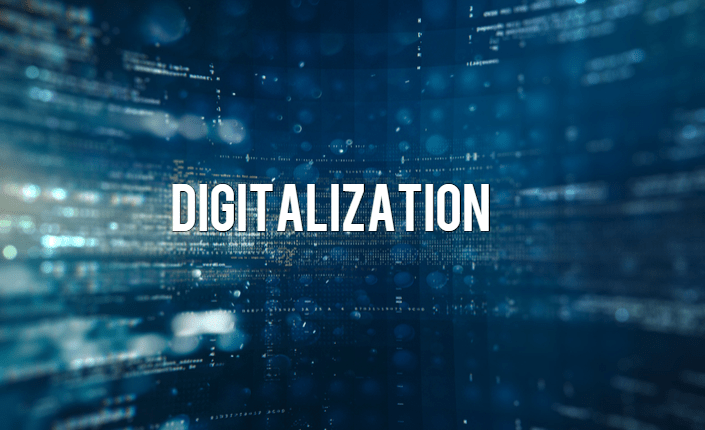
Although digitalization and automation will bring about moderate employment growth in Germany by 2021, they are also likely to cause rising income inequality among employees. Contrary to widespread public perception, technological change creates more jobs in perspective than it destroys. Of central importance, however, is less the number of jobs affected, but the structural change in the labor market, which is taking place as digitization and automation progress. Politicians can counteract this by facilitating companies' training and further education measures for their employees.
These are the findings of a research paper prepared by scientists at the ZEW - Leibniz Center for European Economic Research in Mannheim and at the Research Institute for the Future of Labor (IZA) in Bonn. In their paper, the authors have simulated different scenarios for the consequences of digitization for the German labor market. The database is based on the representative IAB-ZEW-Arbeitswelt 4.0 survey conducted by the ZEW in cooperation with the Institute for Employment Research (IAB) among some 2,000 production and service companies. The survey covers companies that have already invested in cutting-edge technologies in the period from 2011 to 2016. The ZEW paper is now investigating how the national economy and labor market in Germany will react to the introduction of these new technologies in the future.
The results show that companies' plans to continue investing in digital and automated work processes in the future will have a slightly positive effect on employment in Germany. According to these investments, between 2016 and 2021 job growth will total 1.8 percent. However, this plus is not fueled by an increasing demand for the products of the companies. Rather, new technologies in the workplace tend to be complementary rather than substitutive, meaning: "The advancing digitization and automation is driving companies to need and hire more workers, to introduce the new technologies than to reduce staff," explains Dr. Ulrich Zierahn, scientist in the ZEW research area "Labor Markets and Human Resource Management" and co-author of the paper.
"The often predicted mass unemployment due to the technological change is therefore unlikely," adds Zierahn. The structural change in the labor market will therefore not become visible in the sheer number of new jobs created or eliminated, but will be reflected above all in the individual work contents of company employees.
Digitalization and automation increase income inequality
According to the researchers, jobs that require a high level of interactive and analytical skills have less potential for automation than jobs that are primarily routine. On average, more complex jobs are often better paid than routine jobs. Accordingly, researchers note that well-educated and remunerated workers benefit more from technological change than medium to low educated and paid workers.
"Digitization and automation are exacerbating income inequality in the German labor market," says Ulrich Zierahn.
The simulations of the paper further suggest that the promotion of labor mobility, Thus, the targeted education and training of employees, can help cushion the coming structural change. According to the authors of the ZEW-IZA paper, companies, workers and politicians should therefore invest more in continuing education, firstly to prepare workers for the change in the labor market and secondly to ensure that companies also find enough skilled workers. In addition, measures are needed to ensure that especially small and medium-sized businesses do not lose touch.
Zierahn concludes: "The companies in Germany are currently in an investment phase. It will take some time until new technological developments prevail in everyday operations and ensure higher productivity. The way there is of course, expensive."
Join us November 12-15 for the Property Portal Watch Conference Madrid 2019.
